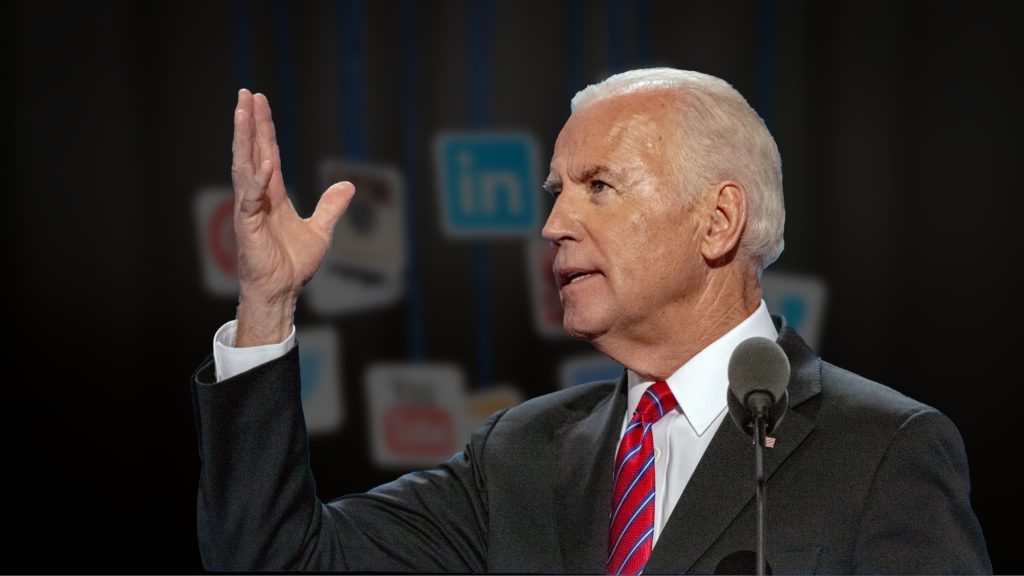
The Biden administration resolutely defended its communication with social media during the lawsuit proceeding on Thursday.
- The administration claims that these communications are vital for addressing election security, Covid-19 misinformation, and other threats.
- The administration warns that upholding the injunction would hinder the government’s ability to protect the public.
On Thursday 10th, the Biden administration vehemently defended its communication with social media giants in court, questioning whether these communications constitute legitimate persuasion or unconstitutional censorship.
On July 4th, a federal judge restricted certain government entities from communicating with social media giants, Facebook, Twitter, and YouTube, for online content moderation. The next day, the Biden administration filed an appeal, contesting the restrictions imposed on its communication with social media platforms. Fast forward to yesterday when the administration finally got the chance to defend its relations with major social media players.
The administration’s argument rests on the premise that these communication channels are essential for safeguarding the public interest, particularly concerning election security, Covid-19 misinformation, and other threats prevalent on social media. The court case underscores the evolving role of social media. After all, users debate major social issues and spread misinformation there. As a result, the administration asserts its duty to address these challenges.
Central to the case is the July 4th injunction following a social media lawsuit by the states of Missouri and Louisiana stating that the Biden administration engaged in unconstitutional censorship. It prompted the appeals court to temporarily halt its implementation pending further arguments.
During the recent hearing, the administration stressed that upholding the injunction would hinder public-private collaborations and undermine the government’s mission to protect the public.
A key point raised was the government’s potential inability to counteract false information during crises. Justice Department lawyer Daniel Tenny argued that “if there were a natural disaster, and there were untrue statements circulating on social media that were damaging to the public interest, the government would be powerless under the injunction to discourage social media companies from further disseminating those incorrect statements.”
The court’s decision will shape how government agencies interact with social media platforms when addressing issues such as misinformation and security threats. The central concern revolves around whether these interactions pressure social media companies into censoring users’ speech.
The dispute also delves into whether the government’s actions have effectively transformed social media companies into extensions of the government’s power. This aspect raises parallels to the challenge of misinformation and the platforms’ influence on public discourse.
The court’s verdict will have profound implications for how governments engage with social media platforms and how these platforms balance their role as conduits of free expression while combating misinformation.
Inside Telecom provides you with an extensive list of content covering all aspects of the tech industry. Keep an eye on our Tech sections to stay informed and up-to-date with our daily articles.